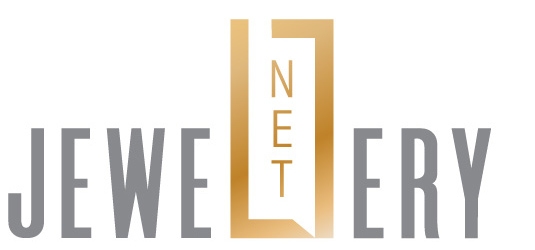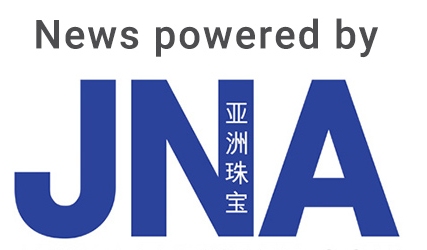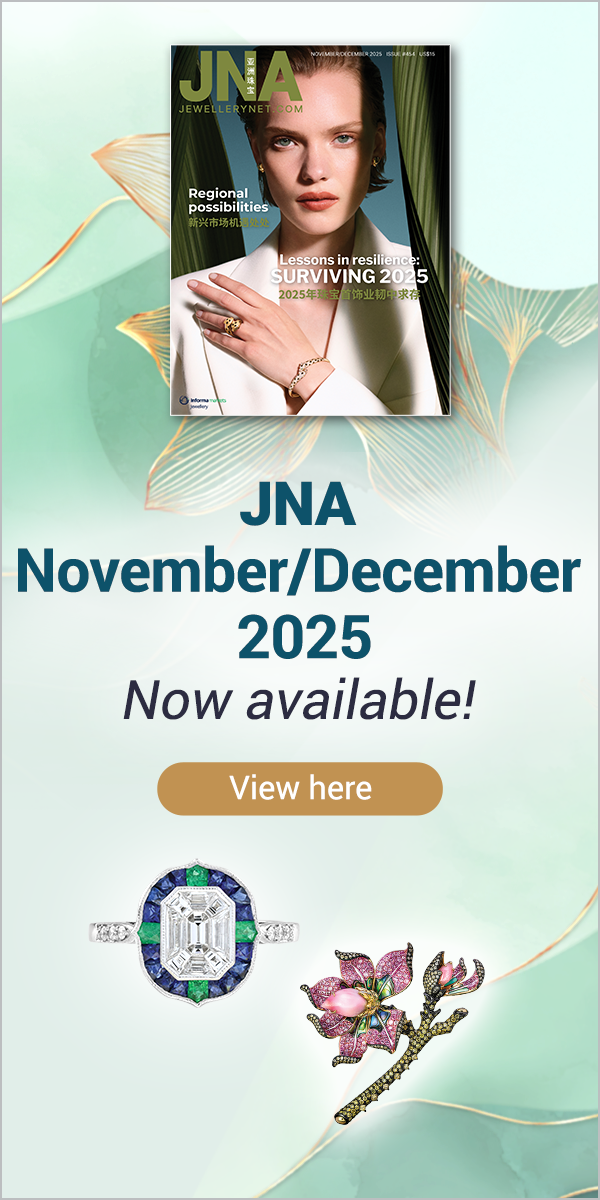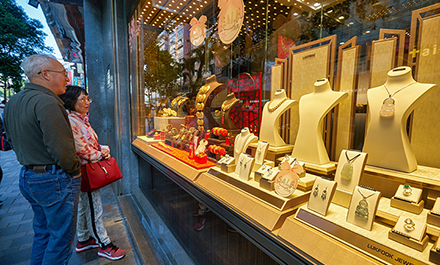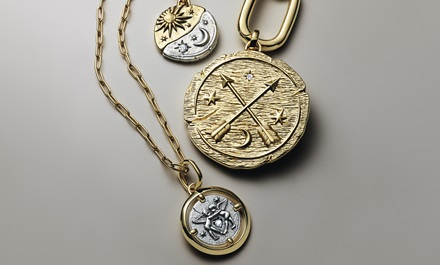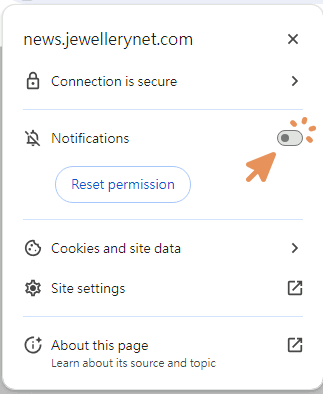Russian miner Alrosa is introducing an innovative diamond-tracing technology that uses non-invasive, virtually indestructible nanomarkings to identify diamonds.
The new method has been developed with scientists from the Russian Academy of Sciences as well as Alrosa’s Research Geological Enterprise and the Yakutniproalmaz Institute.
Unlike traditional laser engraving, Alrosa’s laser mark, which can be used on rough and polished diamonds, cannot be destroyed or polished off. It easily distinguishes Alrosa’s diamonds from others, including lab-grown stones. It also provides detailed information about the diamonds’ origins.
Citing results of consumer surveys in the key diamond markets of the US and China, the company said diamond tracing is an important factor in consumers’ buying decisions.
Compared with other tracing methods, which are based on keeping a digital copy of the diamond, Alrosa said its physical nanomark helps identify diamonds with 100 per cent accuracy.
It is imprinted inside the crystal lattice, across the atomic structure of the entire diamond, making it invisible without a scanner. The mark is a three-dimensional code linked to the Alrosa Provenance platform. It offers in-depth information about the diamond’s origin and characteristics as well as a unique identification number, photo and video.
Sergey Ivanov, CEO of Alrosa, commented, “Alrosa is in a unique position: With access to the full cycle of manufacturing, we have all the necessary information about our polished diamonds and the rough diamonds from which they were cut. The laser nanomark technology we have created allows these guarantees to be extended to the diamonds sold by our partners.”
